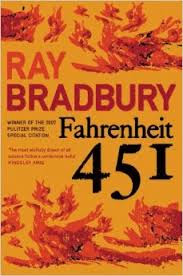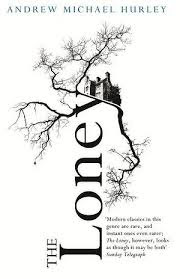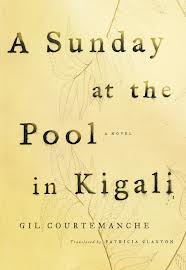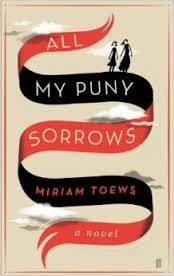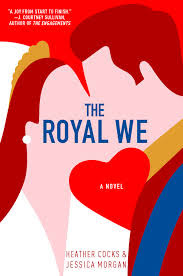In my endless quest for something to read I have taken to studying past winners of literary prizes. I thought of the Pulitzer recently and was disappointed to learn that I have in fact already read virtually all the winners of the last two decades. MARCH was the exception.
Those familiar with LM Alcott’s LITTLE WOMEN will recall the book tells the story of a mother and her four daughters over the course of a year while the father is away, serving the Union in the Civil War. This is the story of the father’s year. It’s a fiction based on the real experiences of LM Alcott’s own father.
Alcott in real life was an impressively free thinker. Born to barely literate farmers, he entirely self-created a very unusual vision for his life: His radicalism took many forms.
“Vegetarian from childhood, he founded a commune, Fruitlands, so extreme in its Utopianism that members neither wore wool nor used aminal manures, as both were considered property of the beasts from which they came. One reason the venture failed in its first winter was that when canker worms got into the apple crop, the nonviolent Fruitlanders refused to take measures to kill them.”
He was not willing to fight in the war, though many pacifists put aside their ideals in order to join what they saw as a fight against slavery. He therefore became a non-denominational chaplain, before such a concept existed, much to the confusion of the men he sought to help. Cue horrifying if familiar scenes of civil war butchery. Later, he got involved in an aspect of the war I’d never heard about – that is, trying to rescue that year’s cotton crop. As the Union troops advanced, more and more cotton fields came behind their lines. The owners had obviously fled, leaving behind the now freed slaves. Now the Union had a problem – how to produce cotton, which they needed, and how to introduce previously enslaved people into the formal economy. They ended up finding Northern men with capital, but without farming experience, to take over leases on the farms and try to get the crops out. It was as you can imagine a difficult project. In March’s case, it was made worse by the fact that some former slaves had chosen to join the confederates, and they burned down the cotton crop, and re-captured the slaves, right before the harvest.
I can’t say I cared very much about the characters in this novel, or about the plot, but the setting was extremely interesting. I was particularly fascinated by the attempt to move slaves into employees, and by how very fragile that distinction can be.


